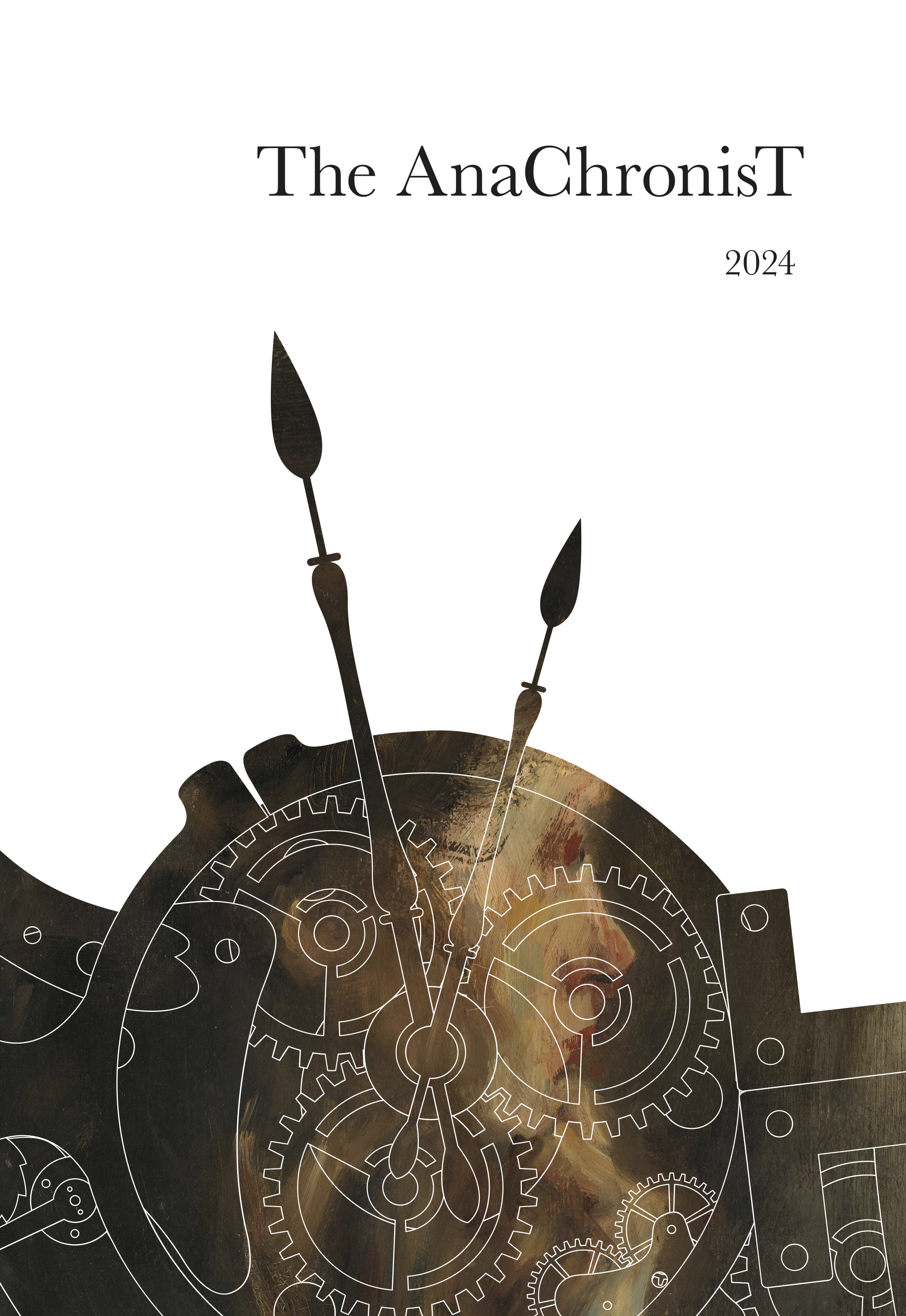“What, then, was my new friend?”
Self-Censorship and Narrative Elements of Discursive Limitations in Edward-Prime Stevenson’s Imre: A Memorandum
DOI:
https://doi.org/10.53720/YXZE6225Abstract
Edward Prime-Stevenson’s novel, Imre: A Memorandum (1906), is a recollection of the unfolding relationship between a Hungarian soldier, Imre, and Oswald, an Englishman, whose first-person narration conveys the story through a unique perspective. The novelette functions as a piece of educational literature that aims to break away from the earlier stereotypes of homosexuality’s portrayal, especially of Wildean stereotypes, which, according to Prime-Stevenson, only fuel the negative connotations attached to same-sex desire. The advancement of the narrative is influenced by three main reasons: the book as a piece of educational literature, the restricted and strictly controlled speakable discourse on homosexuality, and Oswald’s experience told from his point of view. The aim of the paper is to argue that the speakability of homosexuality is only possible in a self-censored narrative frame, which pre-emptively decides the limits of the discourse that can be spoken. First, I present Judith Butler’s interpretation of the 1994 congressional statute that prohibited the self-declaration of homosexuality in the US military, in order to reflect upon the performative operation of implicit censorship. Then I explore how self-censorship functions in the dialogues between the protagonists, and argue that Prime-Stevenson’s novel uses narrative “blanks” as a means and ways of creating the discursive frame in which, and only in which the speakability of homosexuality becomes possible. Thereby, I aim to present that for the novel to fulfil its function as educational literature, and to provide a sympathetic reading of homosexual love, it is of crucial importance to maintain the narrative frame and, thus, the limits of the speakable discourse. For Prime-Stevenson, it was only through this perspective that same-sex desire seemed portrayable.

